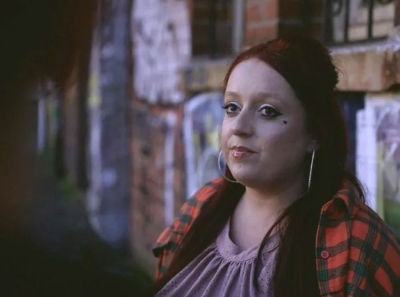The far-right government headed by Giorgia Meloni is cracking down on same-sex families. In January, the government issued orders to several municipalities across Italy to stop registering children of same-sex couples and in March lawmakers in parliament presented a bill to tighten up laws on surrogacy, with possible penalties reaching two years of jail and fines between €600,000 and €1 million.
The moves are part of a wider agenda of Meloni and her party. She vowed to fight the “LGBT lobby” in Italy. Her Family Minister Eugenia Roccella said that “there is no discrimination” on children after the ban on registration for children in same-sex families, as they can still access services.
However, the ban makes impossible for the partner who is not the biological parent to collect children from school or ask for medical treatment. In case of illness or death of the biological parent the children risk being sent to foster homes.
Mayors in several cities, often with left-leaning mayors, started registering same-sex children, ensuring equal legal footing. Following the order to stop, in some cities already-registered children are being erased from records. Same-sex families can still obtain equal parenting rights via special stepchild adoption procedure, a lengthy process that takes up years and thousands of euros.
This and the recent tightened rules on surrogacy create several monetary obstacles for those who cannot afford the legal costs or a trip abroad for surrogacy, as also artificial insemination and adoption are restricted for same-sex couples.
Currently, surrogacy is illegal in Italy. Couples may access it abroad, but after the latest government order only heterosexual ones could have their children registered without trouble. The order bans birth certificates of foreign-born surrogate children with two fathers and those with two mothers of a baby conceived after artificial insemination. It also closes the legal loophole that allowed mayors to autonomously register the children.












